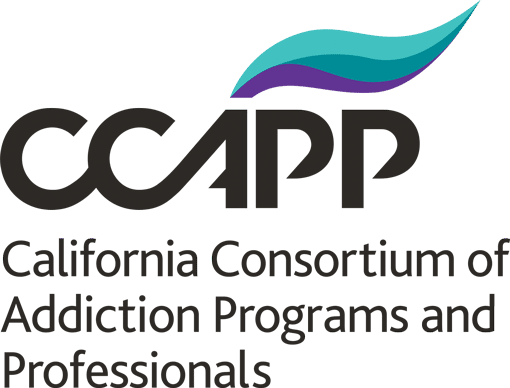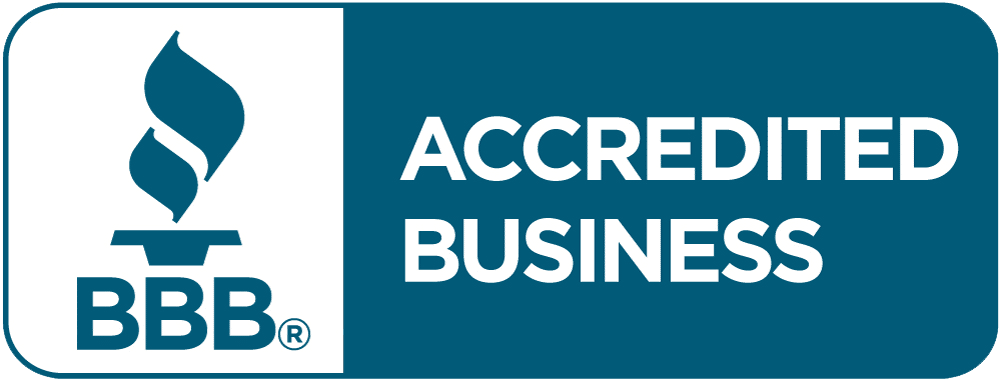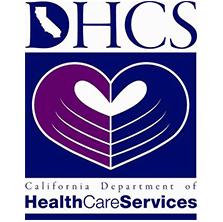
One of the hallmarks of the Episcopal Church is its inclusive nature, reflecting a legacy of embracing diversity. This inclusivity underscores the core belief that God’s love knows no exceptions.
Keep reading to learn more about the Episcopal Church and its stance on rehab treatment.
The Episcopal Church
To begin with, let’s take a closer look at the church’s core beliefs.
Book of Common Prayer: A central treasure for Episcopalians, the Book of Common Prayer serves as a symbol of unity. While allowing for diverse forms and usages in worship, it emphasizes the preservation of the substance of the Faith.
The Bible: Foundational to their beliefs, the Bible is revered as the source of all things necessary for salvation. Enriched through tradition and reason, it forms the basis of Episcopal worship.
Baptismal Covenant: This mini-catechism, used during baptisms and special occasions, emphasizes the reaffirmation of renouncing evil and the renewal of commitment to Jesus Christ.
The Catechism: Presented in a question-and-answer format, the catechism aids in teaching the foundational truths of the Christian faith.
The Creeds: The Apostles’ Creed and the Nicene Creed, two foundational statements of faith, express the Episcopalians’ belief in the one God.
Sacraments: Recognizing sacraments as outward signs of inward and spiritual grace, the Episcopal Church embraces various spiritual markers, including confirmation, reconciliation of a penitent, matrimony, orders, and unction.
Facing the Growing Threat of Addictions
The Episcopal Church acknowledges the growing threat of addictions to individuals and families across the United States. In response, it played a pivotal role in founding Alcoholics Anonymous in the 1930s and continues to support Twelve Step programs today.
The Twelve Step programs have expanded to address various forms of addiction, offering support to individuals and their families. The Episcopal Church’s commitment to addressing addiction reflects its dedication to the well-being of individuals and communities, aligning with its mission to restore all people to unity with God and each other in Christ.
Episcopal Church’s Attitude to Addiction
In addressing addiction, the Episcopal Church recognizes addiction as a disease affecting the brain. Acknowledging its impact on the body, mind, and spirit, Episcopalians see addiction as a spiritual disease that disrupts relationships with family, friends, and God. Despite these challenges, Episcopalians firmly assert that addiction is treatable.
The church emphasizes the importance of guidance and support for those struggling with addiction and their close relationships. Episcopal parishes are encouraged to facilitate education and conversations about alcohol and drug use, fostering a safe and welcoming environment for individuals in recovery.
The Episcopal Attitude Toward Recovery
The Episcopal Church’s stance on recovery aligns with modern addiction viewpoints. Members facing the consequences of addiction are supported within their church communities and encouraged to seek treatment in various groups such as Alcoholics Anonymous, Narcotics Anonymous, Al-Anon, and more. The church underlines the importance of faith in the recovery process, viewing addiction as a spiritual disease impairing one’s relationship with God.
At Christian’s Drug Rehab, we embrace the importance of faith-based treatment. Contact us today to start embracing you own recovery journey.












